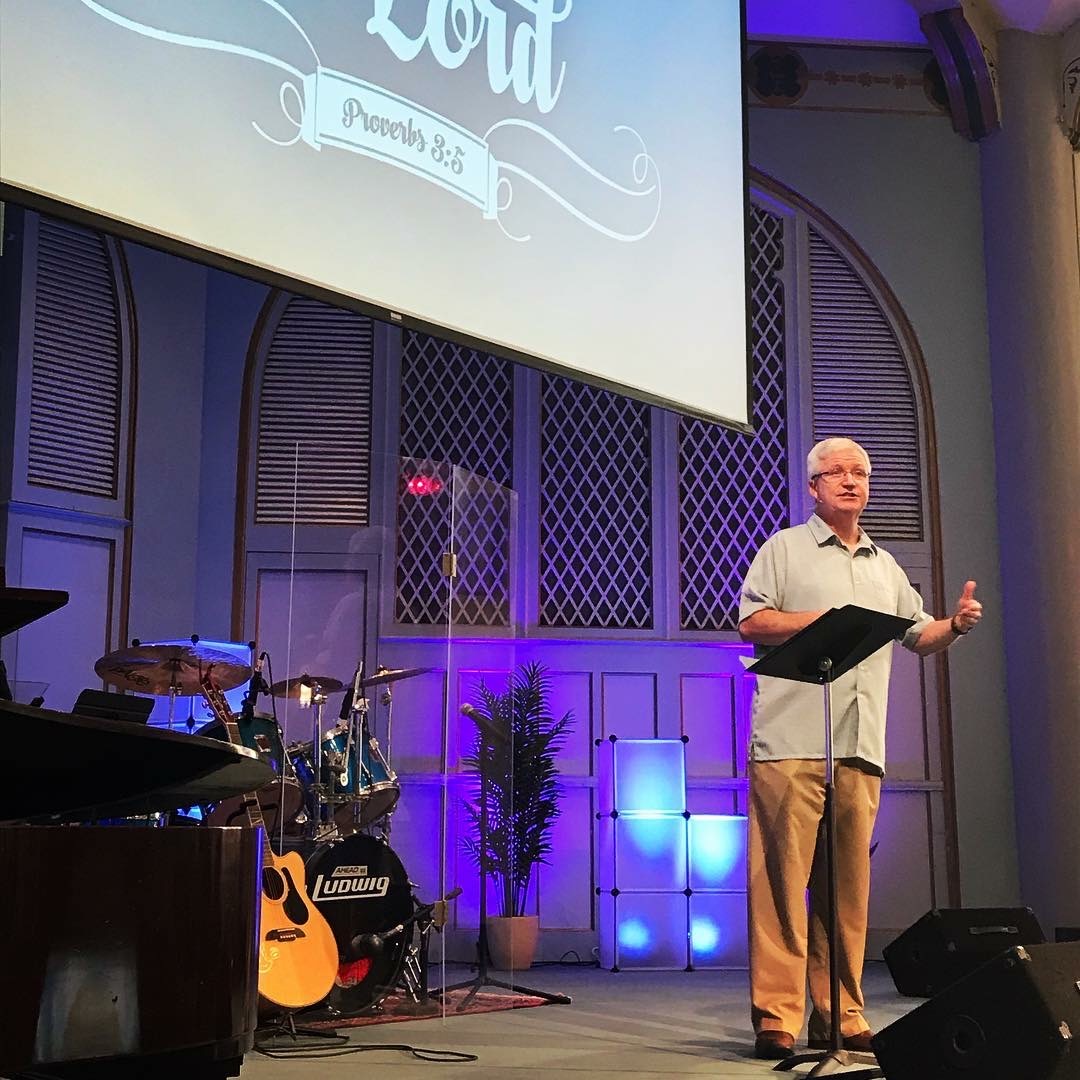If there was a seminary class on being a pastor during a pandemic, I missed it. That’s OK, because I have a substantial digital library of biblical commentaries, theological works, and assorted other Christian books. When I realized COVID-19 was a serious threat, I simply typed “pandemic” in the search box of said substantial library. However, I was informed, “No books were found related to this search.”
Well, maybe I wasn’t specific enough. So, I tried “pandemic during Holy Week and Easter.” While I got plenty of hits related to “Holy Week and Easter,” none of them had any information about how to navigate this important season of the church year during a pandemic.
This is new ground for pastors and church leaders throughout Appalachia. Few, if any, of us ever thought we would be dealing with something so totally unknown and disruptive to everyday life. At least I didn’t. Add to that the disruption to our Holy Week and Easter services, of all things, and we might feel a bit lost.
Pastors and church leaders have been called upon to make a lot of decisions regarding the church and the safety of those who worship there. The basis for making those decisions often changes frequently as our government and health officials offer new guidelines. Sometimes their information appears to be confusing. However, to be fair to those officials, there are a lot of variables they are trying to figure out as well.

Some have suggested it would be best if pastors and church leaders just take a commonsense approach in dealing with the pandemic. Don’t get me wrong, I have nothing against good sense and sound judgement. In fact, I’m all for it. However, as we deal with the extremely uncommon daily events related to COVID-19, I’m reminded that my “common sense” is woefully inadequate. Scripture encourages me instead to, “Trust in the Lord with all your heart, and do not lean on your own understanding.” (Proverbs 3:5 ESV)
Possibly the most difficult call pastors and church leaders had to make, early on, was whether churches should close their doors for a time or stay open. Some felt closing the doors represented a lack of faith, or even a government intrusion, and continued to meet. Others considered it in the best interests of their members and members of the community to follow the advice of government and health officials and close for a time. Others came down somewhere in between.
The vast majority of churches in my area of West Virginia chose to close for a time and make sermons and Bible studies available through various forms of social media. Although the choice was difficult for many, I personally feel it was the right choice. So as not to be accused of “leaning on my own understanding,” I believe there is a strong biblical case to be made for churches being responsible members of the community and making decisions that contribute to the overall health and safety of others.
The question arises, “With churches closed, how can they minister in their communities?” It is important to remember, as many have said, that while the building is closed, the church is still open. The church is a body of believers; not a building. I would suggest that if the only mission of the church is to meet together in a building, then we’ve missed the whole point of being the church. While there are plenty of scriptures that point to the importance of worship and growth opportunities provided in the church building, according to Jesus we are to “go and make disciples,” not “stay and make church members.”
While I don’t believe God sent this virus upon us, I do believe he can take any calamity, disaster, or whatever you want to call it, and use it for good. He always has. In this case, COVID-19 has actually forced the church to move outside the comfort of its four walls and do what it was supposed to be doing all along.
This Easter, we will not be worshipping in our church buildings, dressed in our finest. I’m really OK with that, because it neither changes nor diminishes the fact that Jesus was crucified, died, and was buried, and then rose from the dead. If I can’t celebrate the triumph of life over death, absent a building and a new shirt, then something’s wrong.
David Hulme served on the staff of Clarksburg Baptist Church, Clarksburg, West Virginia, for 33 years; the last 10 as Senior Pastor. He is currently an Area Minister for the West Virginia Baptist Convention, serving 100 churches in the northeast area of the state. Hulme has also been active in mission work in Cuba since 2001.



